Diversity Resources Explode: What Are Some Current Options?
Yesterday a little blog post floating in the ether caught my eye. Called Selecting While White: Breaking Out of the Vendor Box, the article is written by Chelsea Couillard-Smith, the Senior Librarian in Collection Services at Hennepin County Library in Minnesota. I was particularly interested in the subject because I’ve been tossing about the idea of a similar blog post along the same veins. These days, I’m very interested in how what I was taught about book selection in library school (rules like “always use professional reviews for any purchase”) has aged and dated. Ms. Couillard-Smith doesn’t go into what they’re teaching kids in MLIS classes these days, but she does offer a keen glimpse into the challenges facing a lot of libraries when it comes to selection.
The other reason the piece seemed timely is that we’ve been seeing a variety of different resources crop up as of late, all dedicated to the idea of helping YOU find diverse books as quickly and easily as possible. Three come immediately to mind, so I’ll do a quick dive into each one.
ADVERTISEMENT
ADVERTISEMENT
Beanstack
Let’s do this chronologically. And if I’m going to be honest with you, my first resource is one that I have personally had a hand in. You may recall that each year I produce the Diversity List of picture books, easy books, and early chapter books of the year (here’s 2016 as an example). The whole reason I even have this list is that I’m reading, vetting, and collecting these titles for something called BeanStack. BeanStack is a children’s book discovery platform, and reader’s advisory tool. Initially the idea was that parents could use filters such as “Recommended Age,” “Language,” “Favorite Genres,” and even get a granular as to find books with characters that have a particular ethnicity or religion. You would plug in your filters and it comes up with a list of recommended titles. And who’s vetting those titles? Folks like me.
These days, those filters have been broadened and aren’t as precise. A pity since I’d argue that a recommendation service of that sort was ahead of its time and would be highly sought after now. Today, to access BeanStack you find a participating library. The one closest to me that provides the service is Skokie. You sign-in and it asks you some questions, like so:
It then gives you a list of recommendations alongside other lures, like badges for reading, a log for keeping track of books, and a lot more.
The results are diverse, no question (I’m not sending them titles for nothing, after all) but broad. You simply can’t drill down to find precise books you want.
Diverse BookFinder
Next up, The Diverse BookFinder. Produced by Bates College and helped in part by an advisory board, including such folks as Cheryl Klein from Lee & Low, Diverse BookFinder is, “a public database that went live this week. Designed to mirror the ever-growing Picture Book Collection, the DBF makes — for the first time — diverse picture books findable by both the human characteristics and, importantly, narrative messages that recur in them.”
Well . . . “the first time” isn’t entirely true since they weren’t taking BeanStack (in its original form, Zoobean) into account when they wrote that, but okay. This article discusses the BookFinder’s origins. It’s correct when it says at one point that doing a search for books with specific types of characters in a library catalog is a difficult proposition. Traditional library cataloging doesn’t tend to indicate the race or ethnicity of the people in a book, as they say.
So the BookFinder debuted and the response was pretty swift. A cataloger on the Niblings Facebook page highlighted one of the issues with the Finder:
“ I looked at this from a cataloger’s perspective. Diverse Bookfinder appears to be based on keyword searching–not very specific–and seems to use some kind of tag to indicate content. Unfortunately, as others have pointed out, the usefulness depends on the selection criteria and the rules for classifying materials. As an experiment, I can see the potential. As an actual search engine, I think it needs more granular rules for how headings or tags are applied and a larger database to search. This only seems to apply to one library’s small collection and the subject analysis/tagging acts like it’s applied as a yes/no–are there POC characters, are there characters of different ages–but no analysis of whether the cultures are depicted respectfully and accurately within the work. It’s easier to code for yes/no than to address the actual quality of content. I think the search engine is not quite ready. I hope they have the resources to keep working on it and to improve the approach to the literature.“
That mention of “no analysis of whether the cultures are depicted respectfully and accurately within the work” refers to some of the books that have been coming up in various searches. For example, one of the books that will come up if you perform a search is Tikki Tikki Tembo. By any standards, this is a bizarre inclusion. Other criticisms that have arisen include the fact that Native religious stories are cataloged under “folktales”. And, as Debbie Reese pointed out, the fact that books by Louise Erdrich or Cynthia Leitich Smith are not included is very strange. All this is to say that in its current form the BookFinder needs work. That said, it looks like it may be upgraded continually, and if it makes changes it could potentially be very useful.
Kirkus Collection
Which brings us to the final resource and it’s a doozy. Not too long ago Baker and Taylor (which alongside Ingram is one of the largest book distributors in the country) announced that it was pairing with Kirkus to create the “Kirkus Collection”. Basically, it’s a way for librarians who purchase their books through B&T to find lists of diverse titles from a vetted source. Vicky Smith, children’s book editor at Kirkus, put it this way:
“Kirkus Collections begins with positive Kirkus reviews of books with diverse content, which have been checked against resources such as Disability in KidLit, Latinxs in Kid Lit, and American Indians in Children’s Literature and also reviewed by experts in the various categories in order to identify those books that meet current standards of sensitivity and respect. To those reviews we have applied metadata to capture both marginalized identities and basic genre and format information. We have used this metadata in various combinations to curate lists: “Black & Disabled”; “Latinx Read-Alouds”; “LGBTQIAP Love Stories”; “Teen Romance with Male Asian Love Interests” (a small but, we hope, growing collection that may provide some redress of the wrongs wrought by Long Duk Dong and others of his ilk).
These lists are further refined with a filter that indicates a reader’s experience: learning, identification, or inclusion.”
There’s a webinar on October 26th that discusses this more fully.
Now these lists are only available to folks that have accounts with Baker and Taylor, so here’s just a quick peek on what they look like. You go to B&T
You select this:
You go here to “Kirkus Collections”:
And you get this:
Now because the BISACs on these lists are from Baker & Taylor you’re still going to have some issues. For example, Native religious stories under the “folktale” category from time to time. At the same time, the books I was able to spot were clearly vetted individually. They do lump all the age levels together, which isn’t do or die, just somewhat annoying when you have to apply additional filters. At this point some of the categories are a bit sparse, but one assumes that as they continue to add to these lists (as they have said that they would) they’ll fill up.
ADVERTISEMENT
ADVERTISEMENT
So there you have it. Three options and three different methods. And if I don’t miss my guess, this may just be the beginning. I wouldn’t be surprised to see Ingram try to create something similar, or Amazon offering similarly curated lists in the near future. Don’t count out Goodreads or apps we haven’t even seen yet. We’re on the cusp of this. Things may go very fast, very soon.
OurStory App
Oops! I made the mistake of not including this in my original round-up (which wasn’t comprehensive, but this is a bit of an omission). OurStory actually premiered before the Kirkus list, so let’s make mention of it as well.
Not an app in the sense that you can put it on your phone (yet!) but rather a searchable resource that does pretty much what Zoobean used to do. Produced by We Need Diverse Books and created by “librarians, teachers, educators, book lovers, and members of We Need Diverse Books” the site allows you to put in specific site requests for titles. After registering (it’s free, though you can pay a fee if you like) you are asked a series of questions about the kind of book you’re looking for. At the end, they produce a list with original descriptions for each title. You can see the specialists picking out the books by clicking on MEET THE TEAM on the bottom footer. And while the site has the customary problems of any searching database (if you ask for a “Fantasy” picture book with a Diverse Family Structure you can potentially end up with The Legendary Miss Lena Horne) by and large it does a good job, at least with the first hits that pop up, of producing what it is you’re looking for. But all told it’s something I’m looking forward to adding to my phone in the future.
[Edited to Add]
One other resource that I’d not heard of before until folks alerted me to it is the See What We See Reviews Database. This one is entirely new to me so I’d be interested in hearing how folks have used it at this point.
Filed under: Uncategorized
About Betsy Bird
Betsy Bird is currently the Collection Development Manager of the Evanston Public Library system and a former Materials Specialist for New York Public Library. She has served on Newbery, written for Horn Book, and has done other lovely little things that she'd love to tell you about but that she's sure you'd find more interesting to hear of in person. Her opinions are her own and do not reflect those of EPL, SLJ, or any of the other acronyms you might be able to name. Follow her on Twitter: @fuseeight.
ADVERTISEMENT
ADVERTISEMENT
SLJ Blog Network
Tegan and Sara: Crush | Review
The Seven Bills That Will Safeguard the Future of School Librarianship
Take Five: Dogs in Middle Grade Novels
Gayle Forman Visits The Yarn!
ADVERTISEMENT










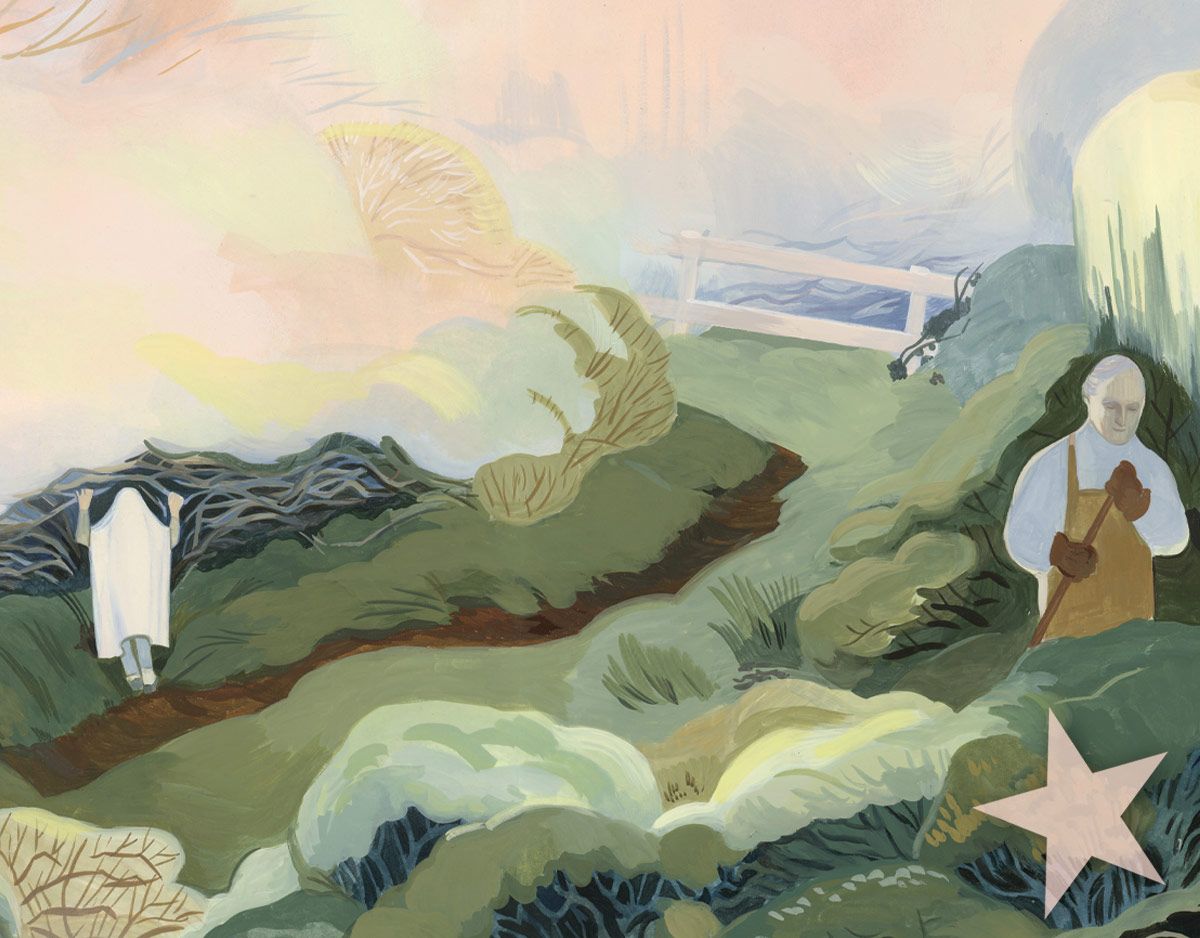
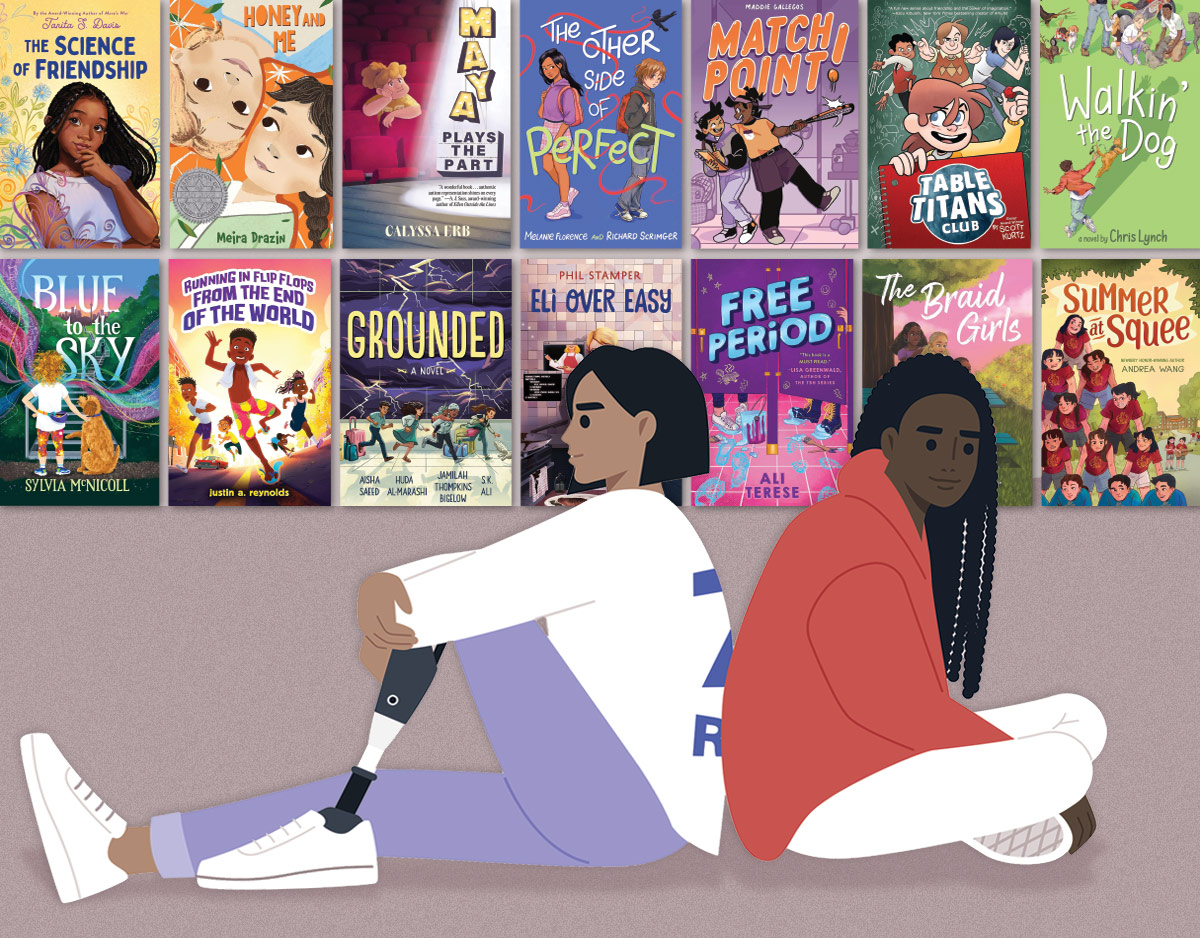
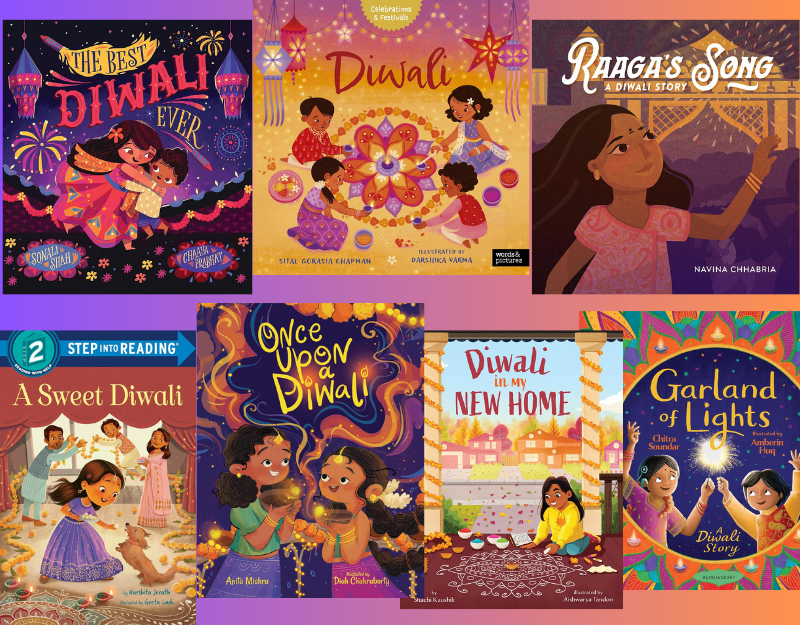
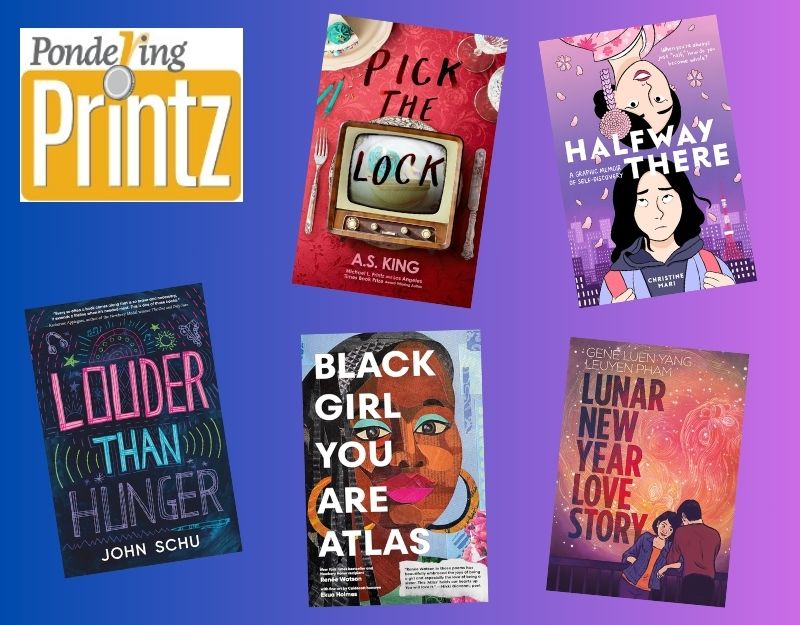
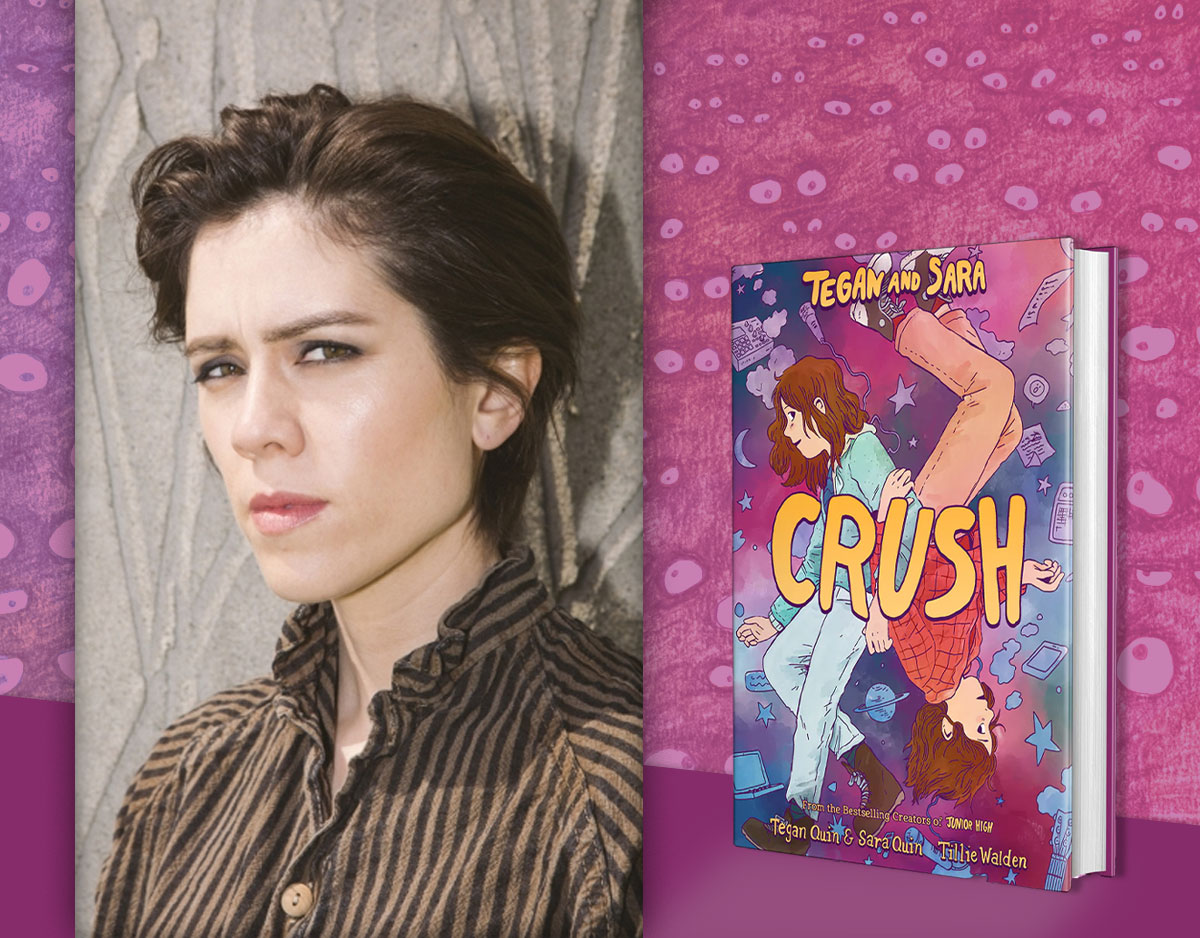
Betsy–I have a blog post with my notes on Diverse BookFinder, here:
https://americanindiansinchildrensliterature.blogspot.com/2017/10/some-thoughts-on-diverse-bookfinder.html
And–so glad to see you noting the problem of putting Native religious stories in folklore. With enough of us saying NOPE to that, we’ll make some good changes.
Woops–meant to say that you gotta add the OurStory app:
http://www.diversebooks.org/ourstory/
It is way better than the Diverse BookFinder. I don’t have access to the Kirkus one, so can’t say anything about it.
And–I’m part of the See What We See team. Have you seen that?
https://socialjusticebooks.org/about/see-what-we-see/
Nope. Haven’t seen See What We See, but I appreciate the link. I’ll see what I can do about the OurStory app.
OurStory announced and launched before Kirkus Collections. Sad to see it missing from the list and an afterthought when it’s one of the few on there that’s been created by a team of marginalized people.
Thanks to Debbie for bringing it up.
Yep. That was my mistake entirely. I’ll work more of it into the main body of the text tonight when I’m able to rewrite the blog post.
Betsy, If you click the MEET THE TEAM on the bottom footer of any version of the app, you will see the team vetting the titles, btw. I can give you an entry code so you can fully explore and lay out the details accurately and completely if you’d like. The downloadable versions are coming. We heard from librarians that it was better to have it available on a website first. I found this to be true as well when I was a librarian at a charter school.
Thank you! I’m going to put that in the text of the piece. And I would love an entry code, absolutely.
Hi, I wanted to mention that NoveList also has some great resources for finding diverse books. You can search for appeal terms such as: ability diverse, culturally diverse, LGBTQIA diverse, and more. And there is also a series of recommended reads lists found under the heading “All Kinds of Lives” for some quick starting points.
If your library has access to NoveList, here’s a cheat sheet for locating this information:
Finding Books that Have Diverse Characters in NoveList
https://www.ebscohost.com/uploads/novelist/pdf/SearchStrategy_DiverseCharacters.pdf
NoveList is also one of the best sources I’ve ever found for readalikes too. Thanks for the note.
Hi Betsy,
take a look at this diversity search engine just announced from Bates college
http://www.bates.edu/news/2017/09/26/bates-debuts-a-one-of-a-kind-search-engine-for-diverse-childrens-books/#.WdZ8CdLiDBg.email
We Need Diverse Book’s new app “Our Story” (http://ourstory.diversebooks.org/pro/1.02/) is pretty great too!
Oops, the above comments weren’t visible when I wrote that. Great minds think alike!